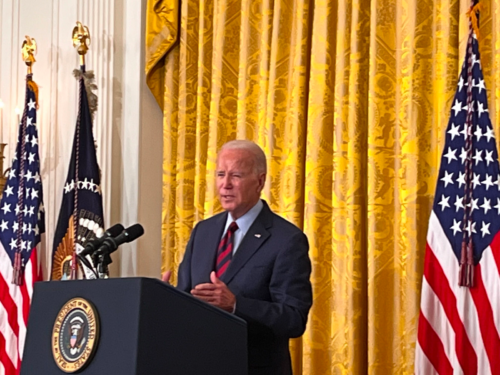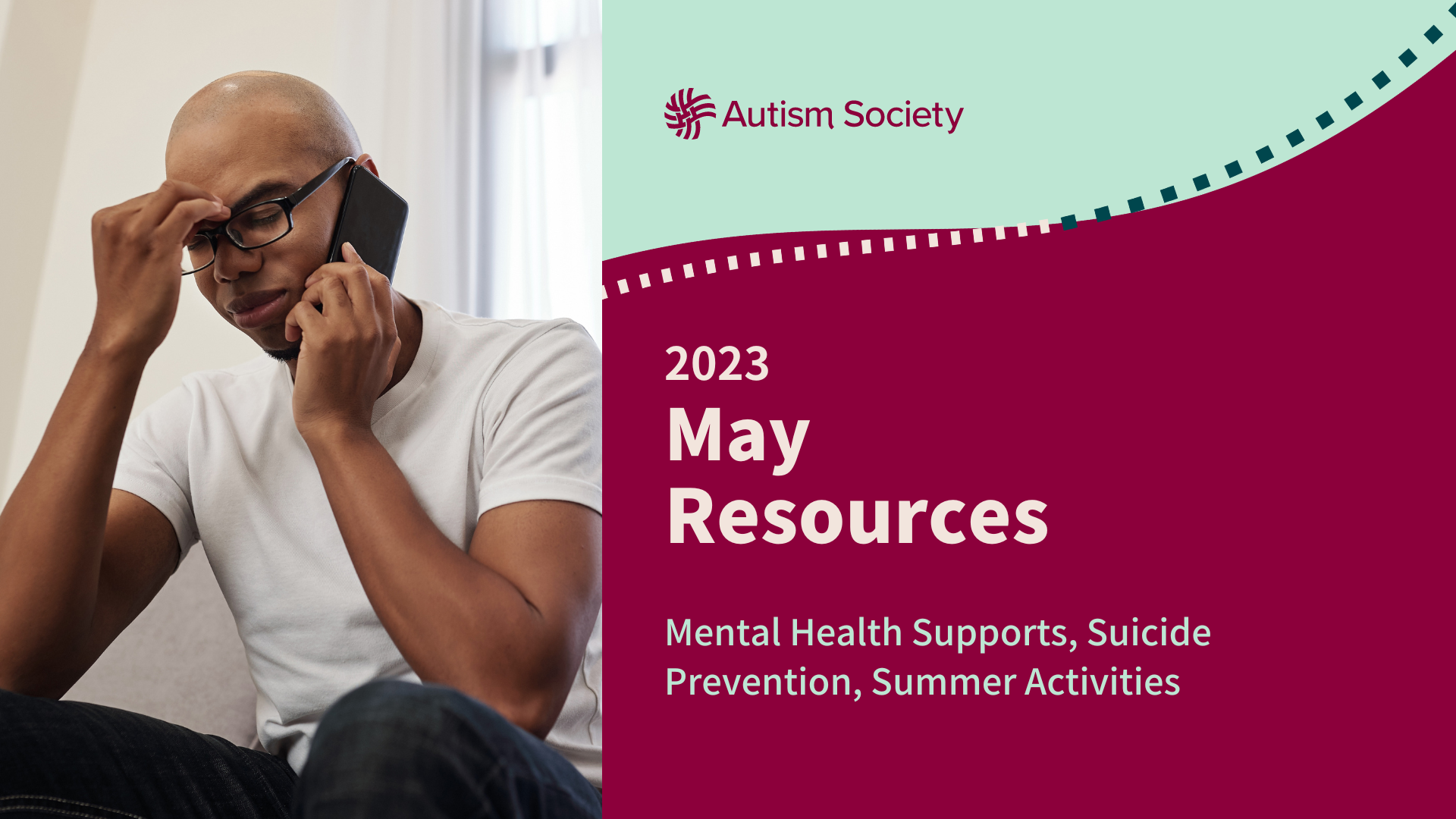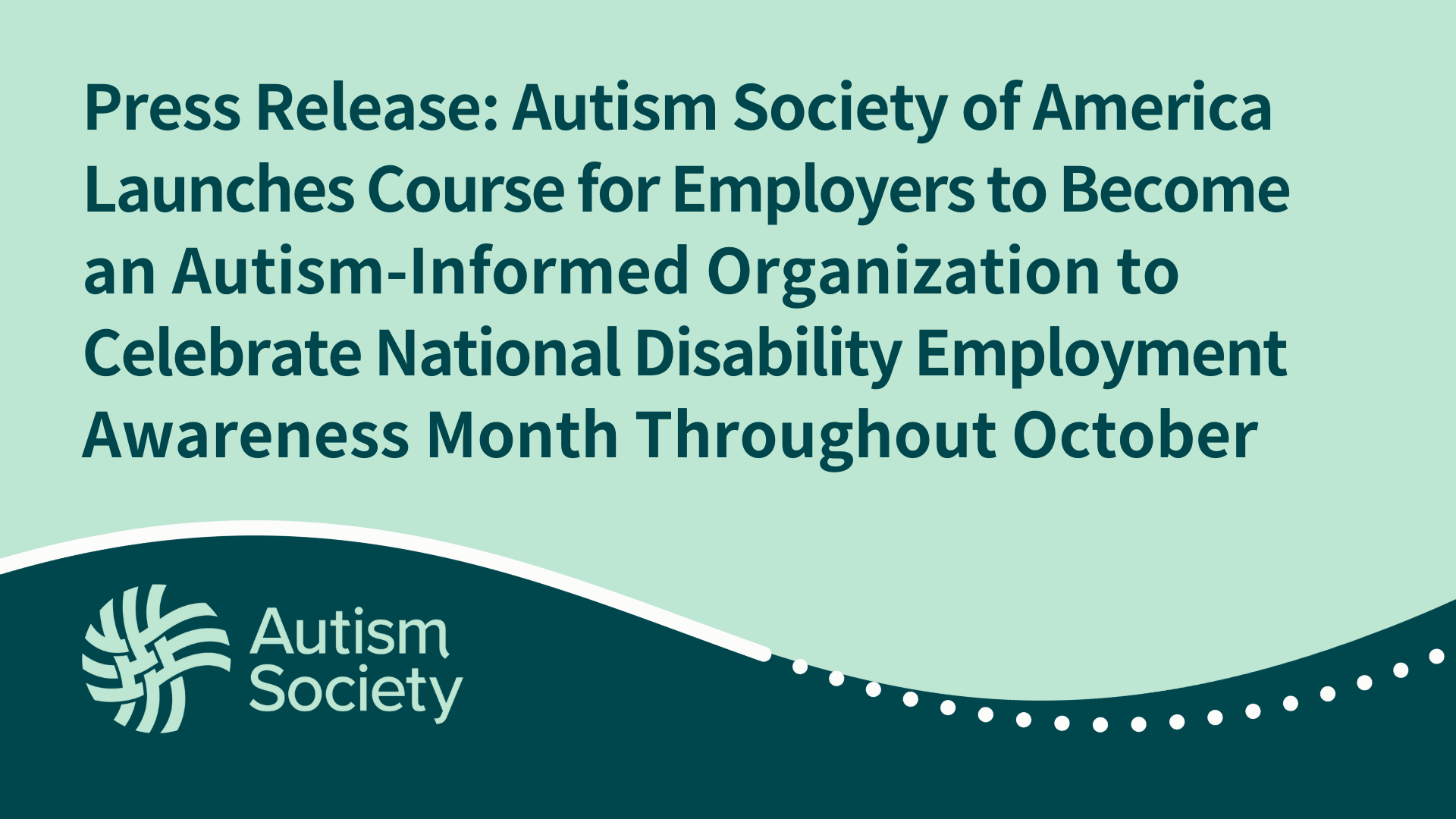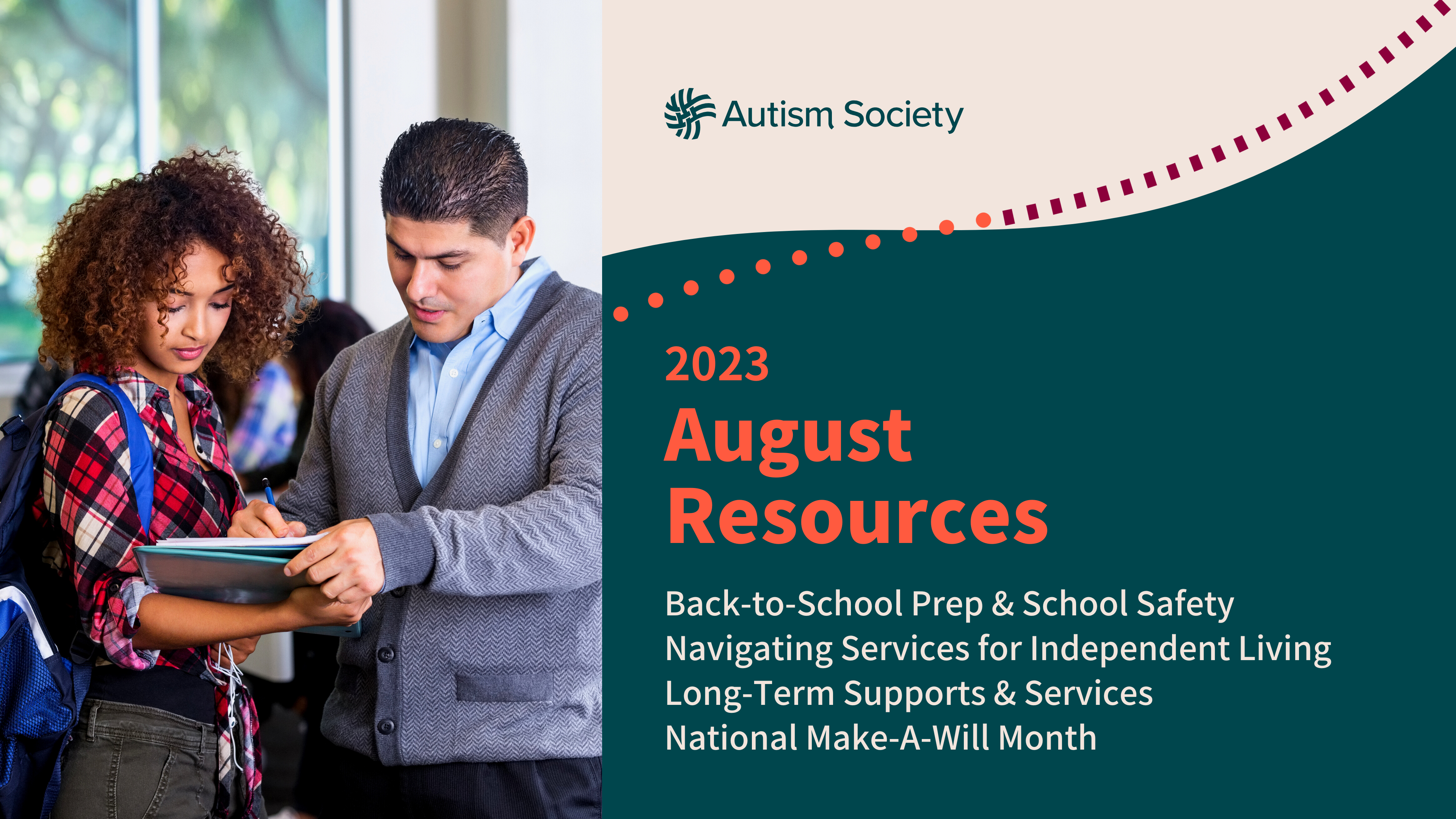
In this issue of Capitol Connection, find updates on budget and appropriations, President Biden’s announcement on lowering healthcare costs, Autism Society’s comments on Medicaid home and community-based services, and new policy resources. Congress will be working in their home states during the August recess. We encourage you to use this time to meet them in their home or district offices. Please use the Autism Society’s Action Center to get ideas for issues and talking points.
Budget and Appropriations
After a two-week recess, Congress is back in session with a to-do list focused primarily on moving the fiscal year (FY) 2024 appropriations bills before the September 30th deadline. This will be a difficult task with the House and Senate far apart on topline funding levels.
Back in May Congress and the President negotiated an agreement that exchanged lifting the debt ceiling for capping FY24 domestic spending at roughly FY23 levels. Despite the agreement, the House leadership announced dramatically reduced overall non-defense discretionary spending (NDD) allocations for appropriations subcommittees. That means proposed reductions as high as 25 percent are possible for programs that serve children and adults with Autism and other disabilities. The Senate allocations followed the debt ceiling agreement, providing an allocation closer to level funding.
The Autism Society signed on to a CCD letter opposed to the House allocation. The letter requests that the House agree to funding levels for non-defense discretionary programs to at least the levels agreed to in the Fiscal Responsibility Act, saying, “Investing in programs that directly benefit individuals with disabilities is not only morally right but also economically beneficial, as it fosters independence, productivity, and a stronger society as a whole.”
The Autism Society will continue to monitor the budget and appropriations process closely.
President Remarks on Lowering Healthcare Costs

President Biden Provides Remarks on Health Care at the White House on July 7th
On July 7th, the Autism Society joined President Biden at the White House to announce plans to lower health care costs for Americans. One action proposed includes limiting short-term insurance plans. The Biden Administration proposed a rule to limit these plans to a few months to allow for intermediate coverage and to include upfront what will and will not be covered. A second action includes guidance on rules against “surprise medical billing” as many insurances use loopholes to charge large amounts to the insured without them knowing ahead of time. A third action investigates the legality of medical credit cards and loans. Lastly, the administration will release a report with more information and data on how their previous actions to lower prescription drug costs are affecting Americans state by state. Read more about these actions here and watch the presentation on YouTube.
Assisting Caregivers Today Congressional Caucus
The bipartisan, bicameral Assisting Caregivers Today (ACT) Caucus has been re-launched by Caucus Co-Chairs Senators Michael Bennet (D-CO) and Shelley Moore Capito (R-WV) and Representatives Jen Kiggans (R-VA) and Debbie Dingell (D-MI). The ACT Caucus will provide education about the challenges family caregivers face and advocate for policies that support them. For more information read the press release from ACT Caucus Co-Chairs: Sen. Bennet, Sen. Capito, and Rep. Dingell.
Access Rule Comments
The Autism Society provided comments on the Ensuring Access to Medicaid Services proposed rule (Access Rule). This proposed rule works to improve home and community-based services. The rule would ensure states comply with person-centered planning and provide data on the waitlists. It also works to increase salaries for direct support professionals among other priorities. The Autism Society is in support of the proposed rule and will monitor it as it continues through the regulation process. The Autism Society also signed on in support of more extensive comments developed by the Consortium for Constituents with Disabilities on both the Access Rule and comments on the Medicaid Managed Care Access, Finance, and Quality proposed rule (Managed Care Rule). The Access Rule implements some of the directives in President Biden’s April 18th Executive Order on Increasing Access to High-Quality Care and Supporting Caregivers.
Blog from Office of Special Education Programs
In the seventh blog of OSEP’s Discipline and Behavior series, OSEP Director Valerie Williams discusses preparing future educators to proactively and positively address behavior by identifying issues and outlining innovative strategies states and local communities can take to address these shortages. Director Williams stresses how important this is to support the mental health of students. Resources are shared within the blog that includes guidance, technical assistance, and more to educate teachers and other support professionals on how to promote positive behavior with evidence-based methods.
Kids Count Data Book
The Annie E. Casey Foundation released its annual report entitled the Kids Count Data Book: State Trends in Child Well-Being. The report focuses on different measures state-by-state including education, economic well-being, health, and family and community. It breaks these measures down to rank every state. Overall, the report finds that the best state for child well-being is New Hampshire with the worst being New Mexico.
Share:







